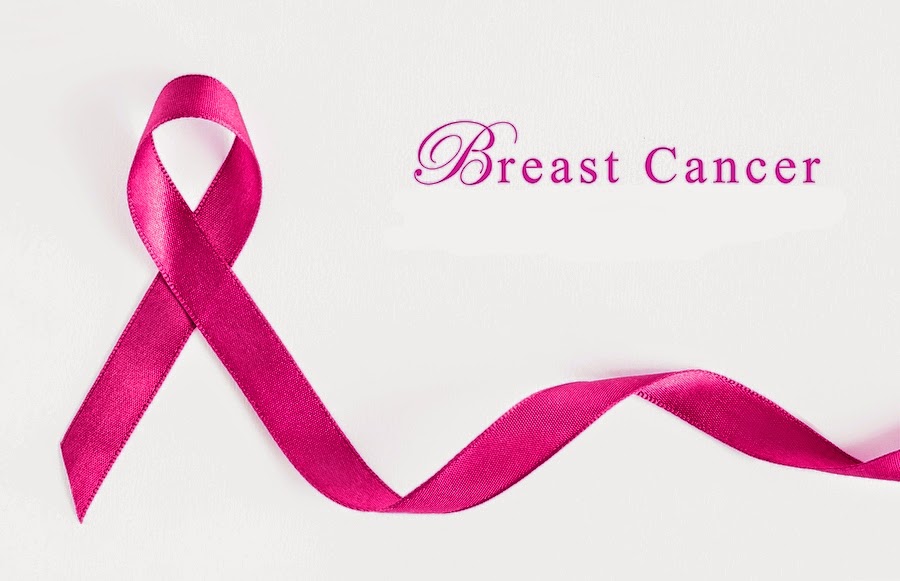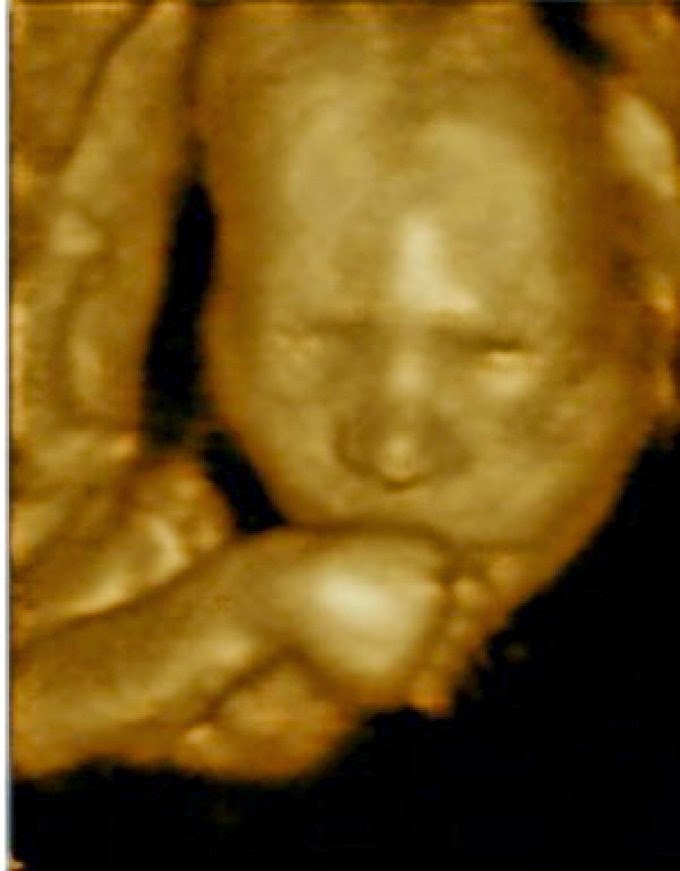Breast cancer, the discovery of a gene mutation that increases the risk
The study published in the New England journal of medicine. Women with this gene variant have a 35% chance of getting sick after 70 years
A genetic variant makes it possible to identify more securely in the predisposition to suffer from breast cancer. This was revealed in a new study by the University of Cambridge, developed with the support of the National Cancer Institute of Milan, FIRC Institute of Molecular Oncology Hospital of Milan and Pope John XXIII in Italy. Researchers have shown that those with mutations of a particular gene called PALB2, under the age of forty years has a risk of developing breast cancer 8:00 to 9:00 times higher than the rest of the population. Moreover, the risk of breast cancer in women with this genetic mutation and 'average of 14% at the age of fifty years, and increased to 35% after the seventies. The study 'was published in the scientific journal New England journal of medicine.
According to experts, this genetic variant "may be used to quantify the risk of developing breast cancer." The research also adds that "the risk of breast cancer in women with this genetic mutation is on average 14% at the age of fifty years, and increases to 35% after 70." It should be pointed out, however, says Paul Root, director of the Department of predictive medicine and the prevention of the National Institute of Cancer, "which have such a mutation is not equivalent to the certainty of getting sick, but only indicates to patients the need for careful monitoring and continuous ".
Every year in Italy there are about 40,000 new cases of breast cancer. One in eight women likely to get sick in their lifetime. In recent years there has been an increased incidence, with peaks in women between 35 and 50 years and in over seventy. When it comes to tumors of this type, but do not ever underestimate the family history. In the study, researchers found that those who have the mutation and come from families where there are no cases of breast cancer has, at 70, a risk of 33%, while those who belong to families with multiple cases and onset of the disease at an early age has to deal with 58% more chance of getting sick. Using the same approach, it was estimated that the risk of ovarian cancer was 2.3 times higher for those with the mutation of the gene PALB2. Among men with this genetic alteration the risk of breast cancer is 8.3 times higher than the norm.
Other research has instead focused on the effect of radiation therapy in this type of cancer. Experts from the Policlinico Gemelli University of Rome showed that 6 cycles of radiotherapy to "low-dose" administered in conjunction with the traditional pre-operative chemotherapy increased by more than 30% of the clinical and histological disappearance of the tumor, and over 85% the chances of a patient to undergo a surgery is not demolishing the breast. Radiation therapy, as researchers have demonstrated the Romans, is well tolerated by women and is effective in reducing the tumor mass to the point of allowing a more conservative intervention, especially in the group of patients with hormone receptor-positive, so-called luminal A and B, generally less responsive to preoperative chemotherapy. The results of the trial were published in the journal The Breast.
A genetic variant makes it possible to identify more securely in the predisposition to suffer from breast cancer. This was revealed in a new study by the University of Cambridge, developed with the support of the National Cancer Institute of Milan, FIRC Institute of Molecular Oncology Hospital of Milan and Pope John XXIII in Italy. Researchers have shown that those with mutations of a particular gene called PALB2, under the age of forty years has a risk of developing breast cancer 8:00 to 9:00 times higher than the rest of the population. Moreover, the risk of breast cancer in women with this genetic mutation and 'average of 14% at the age of fifty years, and increased to 35% after the seventies. The study 'was published in the scientific journal New England journal of medicine.
According to experts, this genetic variant "may be used to quantify the risk of developing breast cancer." The research also adds that "the risk of breast cancer in women with this genetic mutation is on average 14% at the age of fifty years, and increases to 35% after 70." It should be pointed out, however, says Paul Root, director of the Department of predictive medicine and the prevention of the National Institute of Cancer, "which have such a mutation is not equivalent to the certainty of getting sick, but only indicates to patients the need for careful monitoring and continuous ".
Every year in Italy there are about 40,000 new cases of breast cancer. One in eight women likely to get sick in their lifetime. In recent years there has been an increased incidence, with peaks in women between 35 and 50 years and in over seventy. When it comes to tumors of this type, but do not ever underestimate the family history. In the study, researchers found that those who have the mutation and come from families where there are no cases of breast cancer has, at 70, a risk of 33%, while those who belong to families with multiple cases and onset of the disease at an early age has to deal with 58% more chance of getting sick. Using the same approach, it was estimated that the risk of ovarian cancer was 2.3 times higher for those with the mutation of the gene PALB2. Among men with this genetic alteration the risk of breast cancer is 8.3 times higher than the norm.
Other research has instead focused on the effect of radiation therapy in this type of cancer. Experts from the Policlinico Gemelli University of Rome showed that 6 cycles of radiotherapy to "low-dose" administered in conjunction with the traditional pre-operative chemotherapy increased by more than 30% of the clinical and histological disappearance of the tumor, and over 85% the chances of a patient to undergo a surgery is not demolishing the breast. Radiation therapy, as researchers have demonstrated the Romans, is well tolerated by women and is effective in reducing the tumor mass to the point of allowing a more conservative intervention, especially in the group of patients with hormone receptor-positive, so-called luminal A and B, generally less responsive to preoperative chemotherapy. The results of the trial were published in the journal The Breast.



Comments
Post a Comment